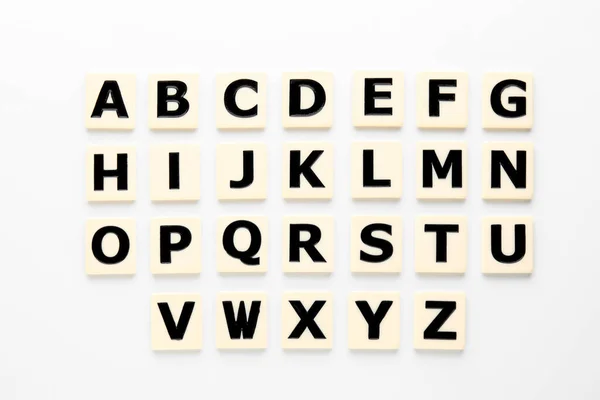Hello there! Most Turkish citizens are familiar with the revolutions in Turkey that followed the breakup of the Ottoman Empire and the victory in the Turkish War of Independence. After gaining independence, we made several significant changes in our country, such as introducing democracy (a system of government where people vote for their leaders), establishing human rights, and reforming the education system.
For this blog, I want to talk about what it might have been like to be a student during the time of the alphabet change—from my perspective, of course.
If I were a student back then, a likely scenario is that I would have started school before the alphabet reform. In that case, I would have been learning Turkish (with a mix of Persian and Arabic words) written in the Arabic script. Then, unexpectedly, the alphabet could have been changed to the Latin script. This sudden shift would have brought several challenges in the classroom.
We would have been forced to relearn how to read and write in our own language, leaving less time for other subjects. It might have been late for us to properly learn the new alphabet, which would make things even harder.
However, there would also have been some advantages. For example, we would have gained a deeper understanding of older Turkish texts, making it easier to read historical books. Additionally, the experience of learning a new alphabet could have taught us valuable skills, such as adaptability and resourcefulness—skills that would be more beneficial in adulthood than in childhood.
On the downside, purchasing new books in the Latin alphabet would have been frustrating, as it would have required extra money and effort.
Overall, while there would have been more disadvantages than advantages during this period, it would still have been better than living in 1914. So, at least there’s that silver lining!

